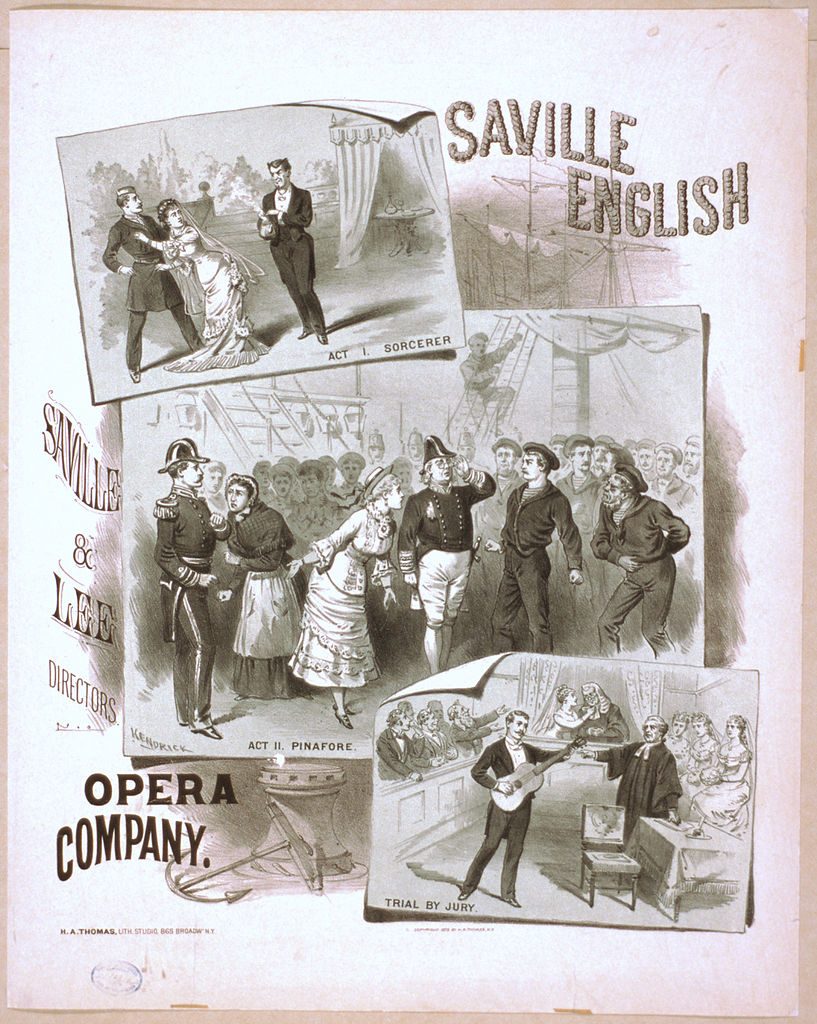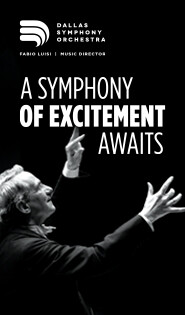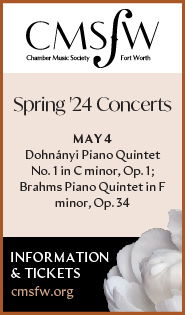Opera in Concert shines with delightful Gilbert & Sullivan “Rarities”

In a theatrical partnership that yielded 14 operettas and comic operas, Gilbert and Sullivan revolutionized English-language light opera. Their references to heavier operatic fare and their later, far-reaching influence on 20th Century musical theater leave their enduring body of work in an ambiguous state between the two. Gilbert and Sullivan linger on the fringes of repertoire, so any chance to catch their work professionally done is a welcome, light-hearted treat.
Opera In Concert’s offering Friday evening, “Gilbert & Sullivan Rarities,” was a charming collection of little known works from the famous duo, including a wealth of gems from their earlier separate histories. Performed at intimate Kurth Hall at the Sammons Center for the Arts, this quaint program fit into a snug 90 minutes.
Led by artistic director Edward Crafts, the Dallas company consisted of five local singers and musical director Stephen Dubberly at the piano. Together, they traded stage time between solos, duets, quartets, and full ensemble numbers, leaning affectionately on the humor and melodrama of Gilbert’s and Sullivan’s writing, and using a set of four chairs to provide context and dimension to the basic staging.
Vocally, the ensemble showed a sturdy set of skills that paired smartly with the lighter demands of the genre. Crafts’ bass-baritone was mature and friendly as the Duke of Islington in “Ladies and Gentleman” from Sullivan’s The Zoo. His rendition of “When the Night Howls,” from Sullivan’s more well-known Ruddigore, was rich and just the right amount of hammy.
Joshua Hughes’ brassy baritone and command of patter made him right at home within this genre. Dramatically, he was engaging and a complete joy to watch as Ruthven in “For Thirty-five Years” from Ruddigore. This number, which tells of a young baron who mourns for the innocent life he used to live, was removed from the original score and is therefore seldom seen. Friday evening was its first professional performance in the Dallas-Fort Worth area.
Tenor Francisco Bedoy was lush in tone with notable fullness throughout his range as Nanki-Poo’s “A Wandering Minstrel I” from The Mikado, though his diction left some of the lyrical content unclear. His duet with Crafts, “We’re Called Gondolieri” from The Gondoliers was balanced and hearty.
Mezzo-soprano Natalie Arduino was a delightful Mrs. Cripps in “I’m Called Little Buttercup” from the famous H.M.S. Pinafore. She sang the familiar tune with a light ring that added fondness to the character. Soprano Jocelyn Hansen was bright and lyrical in her partnership with Hughes in the duet “I Have a Song to Sing, O!” from The Yeomen of the Guard.
The ensemble numbers varied in their realization of texture and balance, but given the nature of the writing and the tone of this repertoire, that could be forgiven. What came through was an authenticity in the stylizations and characterizations needed to make Gilbert and Sullivan work. It was a program of style with respectable substance, and one that Friday night’s audience was happy to receive.


